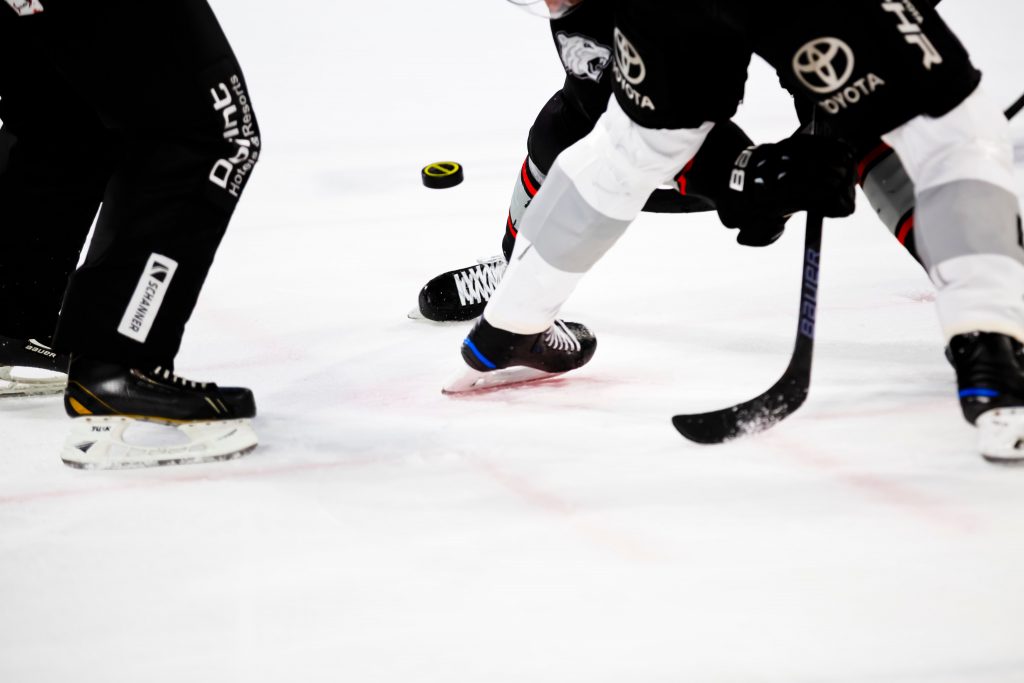Canada News
From the Chicago Blackhawks to Washington’s football team, there’s an urgent need for more accountability in pro sports

How are sports teams that generate hundreds of millions of dollars in revenue unable to address issues of sexual misconduct? They just don’t want to be bothered.
October is normally nirvana for sports fans. The NHL and NBA seasons have just begun, the MLB World Series is underway, the WNBA championships have just finished and football and soccer are everywhere. But as Defector sports columnist Ray Ratto writes, it’s hard to feel good about being a sports fan these days.
Incidents of sexual misconduct, and how they have been handled, highlight how professional sports organizations refuse to offer accountability, and the problems these situation create.
Two cases in the professional leagues
One case took over 10 years to be addressed. The NHL’s Chicago Blackhawks were the subject of a 2021 lawsuit by former player Kyle Beach, who alleged sexual assault by video coach Brad Aldrich in 2010. In response, Chicago hired an independent investigator, who published their findings on Oct. 26. The report found that after the assault was reported, management simply didn’t care and were more concerned with “the challenge of getting to the Stanley Cup Finals and a desire to focus on the team and the playoffs.”
In July 2020, the Washington Football Team (a regular source of legal drama) faced claims of sexual misconduct in the workplace — this is not the first time the team has dealt with claims like these.
In 2008 and 2010, the team’s cheerleaders claimed that nude photos of them were leaked. This was settled in February 2021. The Washington Football Team hired a lawyer to investigate the workplace misconduct claims, the investigation was taken over by the NFL who announced the conclusion of the investigation on July 1, without publishing its findings.
Accountability in professional sports
Professional sports in North America have operated largely in its own world. Sports leagues are essentially partnerships of the teams. The leagues govern themselves, away from government regulation and largely outside the purview of courts. North American professional leagues try to handle things internally as much as possible.
This environment allows leagues to operate “autonomously.” But it also renders the leagues and teams largely unaccountable to athletes, fans and other stakeholders.
Accountability is necessary, and can exist when an organization can be held to a standard, and judged as to whether or not they have met that standard. Organizations that hold themselves accountable may lead to the public’s increased trust in them. There are various ways to strengthen accountability, with one key method being transparent.
Chicago’s independent investigation was made public. The report pointed to the team’s failure to act following the claim of sexual abuse — in violation of their own policies — and the team was fined US$2 million.
Within hours of publication, president and general manager Stan Bowman “stepped aside.” And former head coach Joel Quennville resigned from his coaching position with the Florida Panthers two days later. It appears that these, and others involved, will need to be cleared by the NHL Commissioner before returning to a job in the league.
As of Nov. 8, the NFL has not released its report. The Washington Football Team was fined US$10 million, and executives were required to take training. However, no one associated with the team appears to have been disciplined.
Read more: ‘I don’t have an ounce of racism in me’: Jon Gruden and the NFL’s whiteness problem
The only person who has been negatively impacted following this investigation was Las Vegas Raiders coach Jon Gruden, whose emails with a Washington Football Team executive included topless photos of Washington Football Team cheerleaders.
These emails from Gruden — which also featured racist, anti-LGBTQ and misogynistic language — were leaked and he resigned.
The report contributed to those responsible for harm being held accountable. A 2020 study examining college sports suggests that internal discipline structures may create an environment where sexual assault is more likely to occur in sports programs.
What’s next for professional sports?
Whenever there is a scandal in sports, such as steroids in baseball, concussions in football or domestic violence amongst athletes, government often makes feeble attempts to appear to do something.
This time around, the U.S. Congress is making noise about getting involved. There might even be a hearing. But it’s unlikely anything meaningful will be accomplished.
The investigations show how important an independent investigator and the transparency of findings are to holding leagues and teams accountable for their actions. It should send a signal to teams and leagues that perhaps some sort of independent investigator should be established as a permanent fixture for professional sports.
Leagues responding to these scandals through investigations that aren’t transparent needs to stop, and a proper oversight body needs to be created. If sport wants to maintain the trust of the public, it needs to be more accountable.
Look to high-performance sports, like gymnastics. Because of the various sexual misconduct scandals, they’ve had to establish SafeSport programs, which aim to ensure that “sport experiences for all participants are enjoyable and free from harm.”
Something like this could serve as a model for professional leagues. There’s also an added level of accountability to be gleaned from high-performance sport disputes as they can be resolved by tribunals such as the Sport Dispute Resolution Centre of Canada.
Perhaps this is something that the newly appointed Canadian minister of sport could pursue?
Ryan Gauthier, Associate Professor of Law, Thompson Rivers University
This article is republished from The Conversation under a Creative Commons license. Read the original article.





















